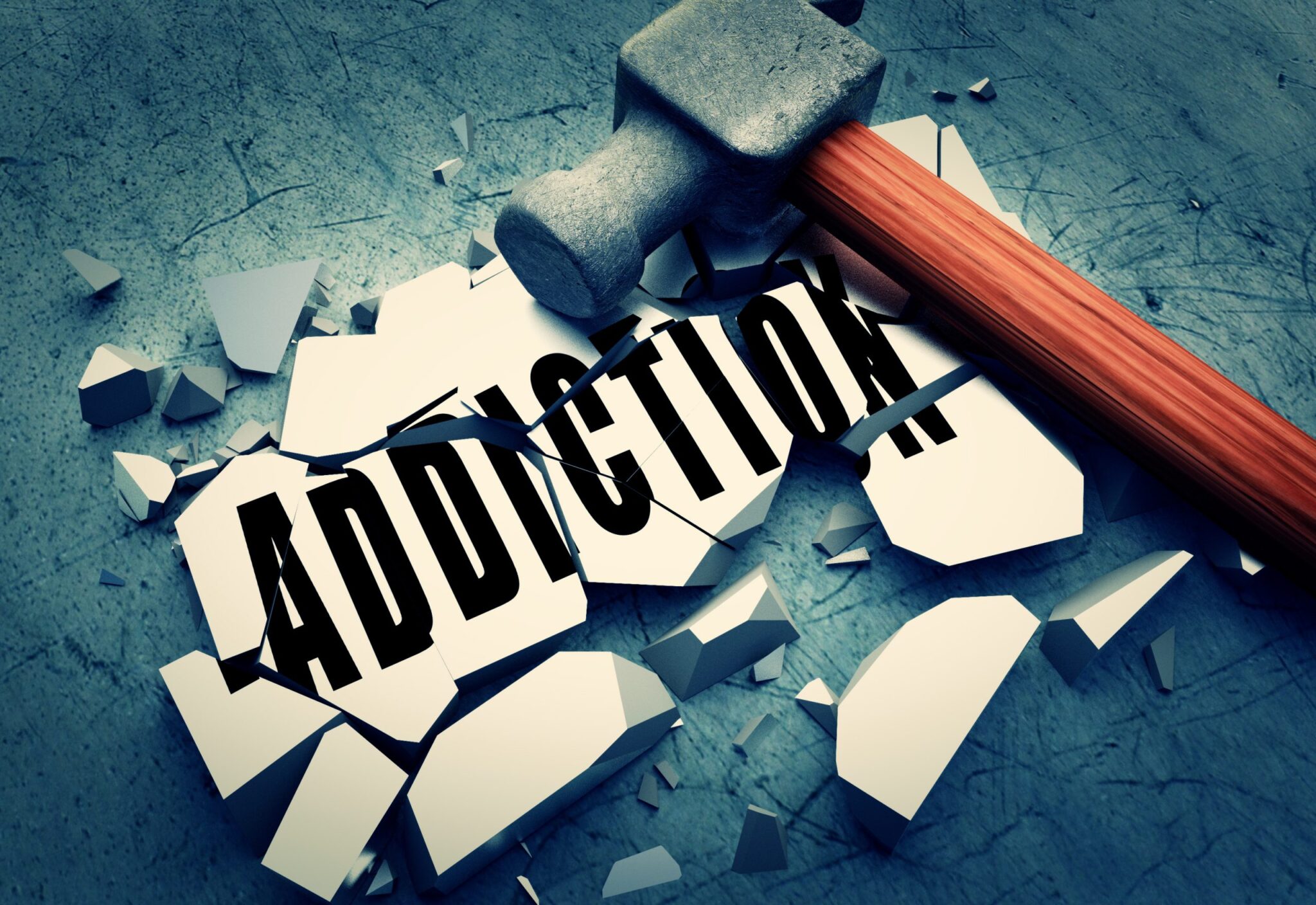“What fascinates me about addiction and obsessive behavior is that people would choose an altered state of consciousness that’s toxic and ostensibly destroys most aspects of your normal life, because for a brief moment you feel okay”
Every addiction starts with a deliberation or consideration. It gives gratification and contentment on a provisional basis but has long-term detrimental effects on a person’s life or the life of people who are associated with that individual. Addiction is somewhat that millions of individuals are afflicted by either being a user or a dupe to a user of an addiction. Addiction is an extensive subject that includes much more than drugs and has various effects on people. We hear the word “addiction” from all around like by our friends, the media, and our families. Specialists such as sociologists and psychologists persistently reveal new forms of addiction, referring to various kinds of behavior. Furthermore, such omnipresent develops as an addiction to the drugs, alcohol, tobacco, or gambling. Today experts also have distinguished between addictions to the Internet, mobile technologies, computer games, work, television, caffeine, and many kind of subjects.
A psychological or behavioral addiction is considered the root of all other addiction. According to the website of the American Society of Addiction Medicine, “it is a chronic disease of brain reward, motivation, memory, and related circuitry, which is reflected in an individual pathologically pursuing reward and/or relief by performing certain actions (ASAM)”. The Collins English Dictionary defines addiction as a condition of being abnormally dependent on a certain habit. Psychological addiction is followed by such symptoms as an individual becoming obsessed with an object or activity; engaging in the activity or habitual behavior even if it is potentially harming; denying problems connected to the addiction and hiding the addictive behavior from others; and several others (Indiana University). Therefore, based on the aforementioned statements, we can say psychological addiction is a pathological condition of the mind, which is characterized by a disproportionate dependency or obsession on a firm object or action and ignoring the potential dangers of addictive behavior.
Since additives have little or no control over their obsessions, physical addiction can be defined as a constant need to intake certain substances to satisfy one’s craving, even though this may be harmful to the addict, who often is unable to control the craving. Concluding the definitions listed above, we can define the occurrence of addiction as a mind pathology characterized by an obsession of certain actions, objects, or substances, which brings addicts temporary satisfaction while often being harmed by them, but over which they have little or no control.
There has been an augmentation on the studies of positive psychology on addictions. This type of treatment can be used with all special types of addictions. It deals with a therapy that increases positive feelings and behaviors. There are interventions that are used to increase a person’s overall happiness. This method has been proven to increase a person’s overall attitude. There has not been enough research done to fully test the outcomes of this test. Some discrepancies could be said to be that just because their attitude is different does not necessarily mean it will help their addiction. There are plenty of people out there who are leading a sound and successful life but yet are victims of deadly addiction. Behavioral addictions are becoming more and more prevalent. This would be someone whose symptoms are behaviorally expressed. Examples could be kleptomania, compulsive buying and pathological gambling or lying.
In conclusion, an addiction, crawls from the depth of our minds with an offer of goodwill and kindness, but if someone continues to conciliate its wants and needs it will ultimately force itself upon you, either you accepts the offer to continue or beat it back in defence.

